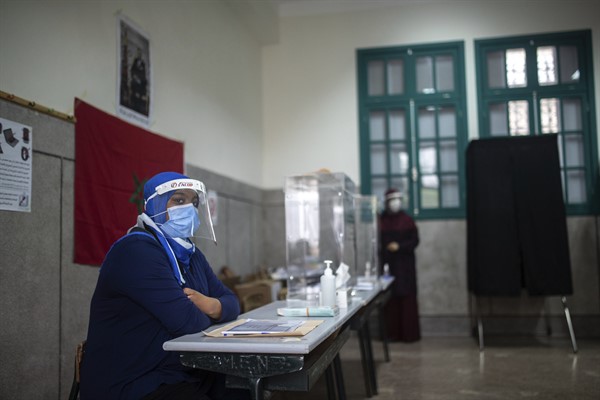Wednesday’s legislative elections in Morocco delivered a crushing defeat to the ruling Justice and Development Party, or PJD, a moderate Islamist party that had been the largest in Parliament since 2011. Thanks in part to mandatory quotas for female representation, the new crop of lawmakers is on track to be more diverse, with a greater number of women, as well as young people. But it will also be more deeply fragmented, and with royalist parties emerging as the victors of the vote, the incoming Parliament is unlikely to pose any meaningful challenge to King Mohammed VI, who controls nearly all levers of political power.
With 96 percent of the vote counted, the PJD had only won 12 of the 395 seats in the lower house of Parliament, a far cry from its previous total of 125. The biggest winner was the PJD’s previous governing partner, the National Party of Independents, or RNI, which held just 37 seats in the last legislature but won a plurality of 97 this time around, according to provisional results.
Founded in 1978, the RNI is primarily made up of businesspeople, technocrats and civil servants. Its leader is Agriculture Minister Aziz Akhannouch, a billionaire tycoon who is the second-richest man in the country after the king. He has close ties with the royal court and is close friends with the king himself. His campaign platform focused on bread-and-butter issues rather than democratic reforms.

